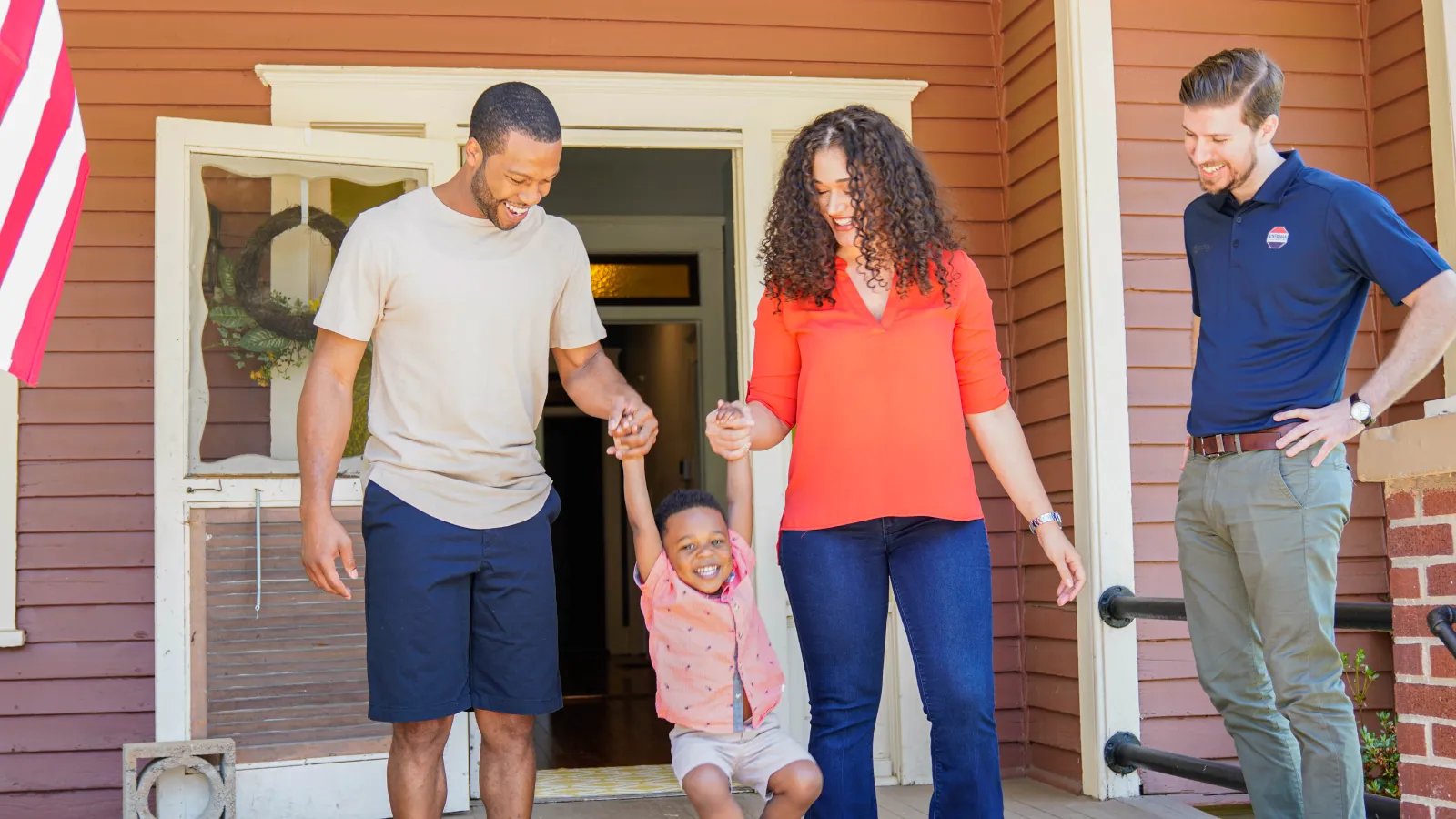You know those smoke alarms you pass by every day in your home? When was the last time you did a home security test on them to ensure they function? If you can't remember, it's time to make sure they're in working order.
"Your home is most likely your haven, so making sure that it's safe and secure should be at the top of your to-do list," says Scott Slade, on-air personality on News 95.5 and AM 750, and spokesperson for Ackerman Security. "Knowing, for instance, the smoke alarms are in tip-top shape and that you have adequate lighting outdoors can help you sleep better at night."
To ensure that your home is secure on all fronts, check the following areas and make adjustments when necessary.
- Check smoke alarms
One of the most important appliances for your home is a smoke alarm. You should have smoke alarms installed in every sleeping room, as well as in the kitchen, main living areas and the basement if you have one. You never know where and when a fire is going to originate. The more smoke alarms you have to detect the fire early, the better chances you have of saving lives and your home.
Most smoke alarms have a test function. This is usually a button that you push until it starts making a sound. If when you push the button nothing happens, the batteries are dead, which means the alarm cannot detect a fire, and your family is not protected. Replace the battery and test again to ensure it's in working order. If possible, also choose smoke alarms that are interconnected, so that when one sounds, they all do. When they reach 10 years old, replace your smoke alarms.1
- Light up the outdoors
For obvious reasons, intruders don't like lights shining on them at night. If you leave your landscape dark at night, you invite unwanted visitors to slip onto your property undetected. Installing motion-sensor lights that illuminate whatever moves in your yard is one of the best deterrents. Floodlighting that you turn off and on can also work to provide home security.
- Replace weak locks
Given the fact that locks are the only thing keeping strangers from opening your doors and coming inside, their stability is critical. If your lock is weak, you risk a higher chance of a break-in.
Protect your home by having grade one or two deadbolt locks installed on your doors. Also ensure that the strike plate, which is the stationary piece that the bolt enters, is durable. The deadbolt and the parts should be made of solid metal, such as brass. The screws that penetrate the doors should be three inches in length. That way they can penetrate the door jamb and frame and will remain secure.
- Consider medical monitoring
If you or a loved one is older or has health problems, it may be time to consider a medical monitoring system. With such systems, a family member in distress can get help when needed by simply pressing a button. The ideal medical security system ensures that if someone requires immediate medical assistance, the paramedics will be quickly informed, and help will soon be on its way. Knowing assistance is close brings peace of mind for the whole family.
- Get a security system
If you don't have a security system, think about getting one. In addition to protecting you and your family from intruders, many systems also feature smoke and carbon monoxide detectors. That way if anything happens to threaten you or your home, you'll be alerted. Choose from various types of security systems — from DIY kits to systems hardwired into your home.
"You might think that everything is running smoothly in your life, but all of a sudden, life happens and you have a home security or safety breach," says Scott Slade, on-air personality on News 95.5 and AM 750 and spokesperson for Ackerman Security. "Protect your quality of life by taking these five tips to heart."
Sponsored by Ackerman Security
Sources:







